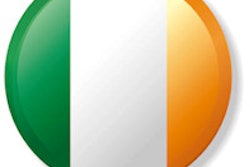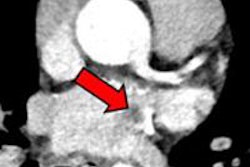It has been said that the best wine is the one that tastes good to you, regardless of price. German researchers put that axiom to the test by investigating whether preconceived ideas about price and quality could actually change brain chemistry.
Their research, which has been accepted for publication in the Journal of Marketing Research, shows that price and taste prejudices had a significant effect, both in how subjects rated the taste of wine as well as in their measurable brain activity. The researchers also found that people who were strong reward-seekers or who had low self-awareness were more susceptible to having their experience shaped by prejudices about the product.
Previous studies have shown that people enjoy identical products such as wine or chocolate more if the goods carry more expensive price tags, according to the authors, Hilke Plassmann from INSEAD and Dr. Bernd Weber from the University of Bonn. "However, almost no research has examined the neural and psychological processes required for such marketing placebo effects," they added.
In one experiment, participants were told they would drink five wines ranging in price from $5 to $90 while undergoing MRI brain scans. Instead, researchers gave the subjects only three different wines with two different prices. Another experiment used labels to generate positive ("organic") or negative ("light") expectations of the pleasantness of a milkshake. Some consumed identical milkshakes but thought they were organic or regular, while others drank identical milkshakes but thought they were light or regular.
The MRI results showed the significant effect of price and taste prejudices in terms of brain activity. The results pertained, in part, to specific areas of the brain that differ from person to person, and these differences are also associated with known variations in personality traits.



















